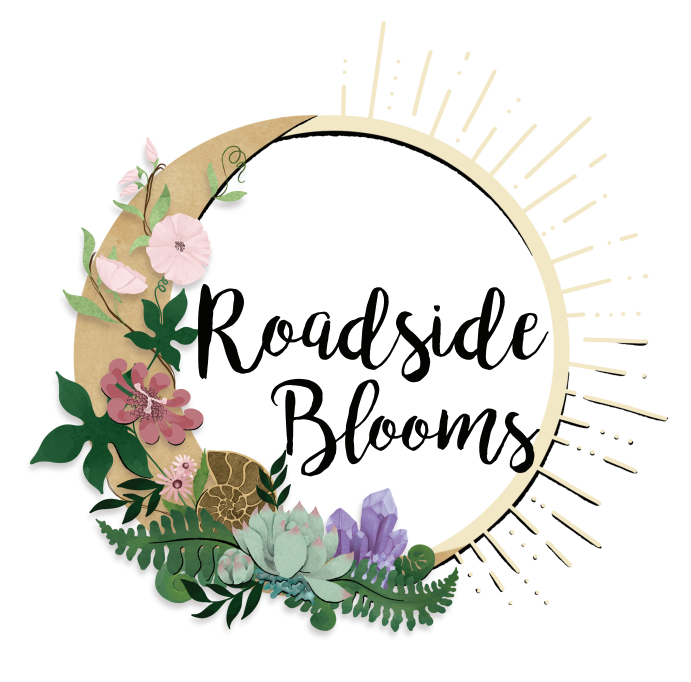

Consumers have increasingly paid close attention for years to where their food comes from, how it’s grown or raised, and even how it’s packaged. Certifications such as free-range, cage-free, non-GMO or organic, influence decisions at the supermarket. Many products include photos of farmers next to their products, tapping into an innate human desire to relate to the hands that grow food. Conscientious consumers are willing to pay a bit more for goods that match personal ethics. They often put their money where their values are. Local and regional sourcing designations on meat and produce often sweeten the attraction of a farm product
But ‘to know thy farmer’ should not stop at grocery products. Origin matters when it comes to flowers, too. Most consumers are not aware that beautiful, fragrant and whimsical miracles of nature can come with significant environmental and ethical baggage. More than 80 percent of all flowers sold in the United States that adorn everything from weddings and funerals to the kitchen table, are imported from countries with little to no environmental or labor laws. It’s hard to imagine the devastation that’s wrapped up in a traditional bouquet. I hope to shed light on the truth behind the flower trade and how to be a more conscientious consumer.
Beauty on the backs of low-wage laborers
The flower trade is a multi-billion dollar industry complete with all the dark secrets and cut corners of other industries its size. According to a Global Exchange report, in a country like Colombia, where the majority of imported flowers come from, the average worker labors 16 hours a day in the high season and earns slightly over $300 a month. The work is grueling and dangerous. After years working the fields, laborers are left with debilitating conditions such as slipped discs from hunching over flower beds, carpal tunnel syndrome from cutting stems and broken bodies. There is a movement to unionize flower field workers in Colombia to improve working conditions, but in retaliation, corporations are moving away from hiring permanent employees by choosing contract workers to avoid union pressure.

Workers exposed to a bundle of chemicals
The overseas use of chemical fertilizer, pesticides and fungicides (most of which are banned in North America and Europe due to carcinogens) on the flower fields largely goes unchecked, which puts workers, the environment and the end consumer at risk. In fact, since flowers are not considered edible, the U.S. Department of Agriculture does not inspect imports for chemical residue when they are inspecting for plant pests and disease. Next time you get a grocery store bundle of roses, you might even see a white waxy residue on the stems. According to the International Journal of Environmental Research and Public Health, the average imported rose has 14 foreigh substances with many of them being acutely toxic.
The chemicals sprayed on the fields leach into aquifers, which are stressed from constant irrigation. This creates a vicious cycle of risk and exposure from workers spraying the chemicals to the water table and back to communities that rely on well water. Many women who work the fields report birth defects, miscarriages, strange rashes, migraines and impaired vision. These workers have limited access to health care and are often penalized if they take off from work to seek treatment.
Trade deal hurts American flower farmers
The floral trade wasn’t always reliant on imports. In fact, American farmers grew more than 64 percent of all flowers used in the U.S. prior to the passage of the Andean Trade Preference Agreement (ATPA) in 1991 as part of the so-called War on Drugs. This law was intended to help Andean countries (Colombia, Ecuador, Bolivia and Peru) grow alternatives to coca and export them duty-free to the United States. But it’s debatable whether this agreement does much to counter drug-related violence in those countries. It did, however, provide a runway for the Latin American flower trade to take off, albeit at the expense of American farmers. The industry’s abuse of field workers and the environment produces a cheaper product with which American farmers simply can’t compete. Currently, American-grown flowers only account for about 20 percent of the market in the U.S.
There are many ways to become a better flower consumer, it just takes reading labels and being aware of greenwashing.
Stay tuned for our next post, "A Better Approach to Buying Flowers".
Peace, Love, and Flowers,
Toni
originally published on September 4, 2020 in the Charleston City Paper
